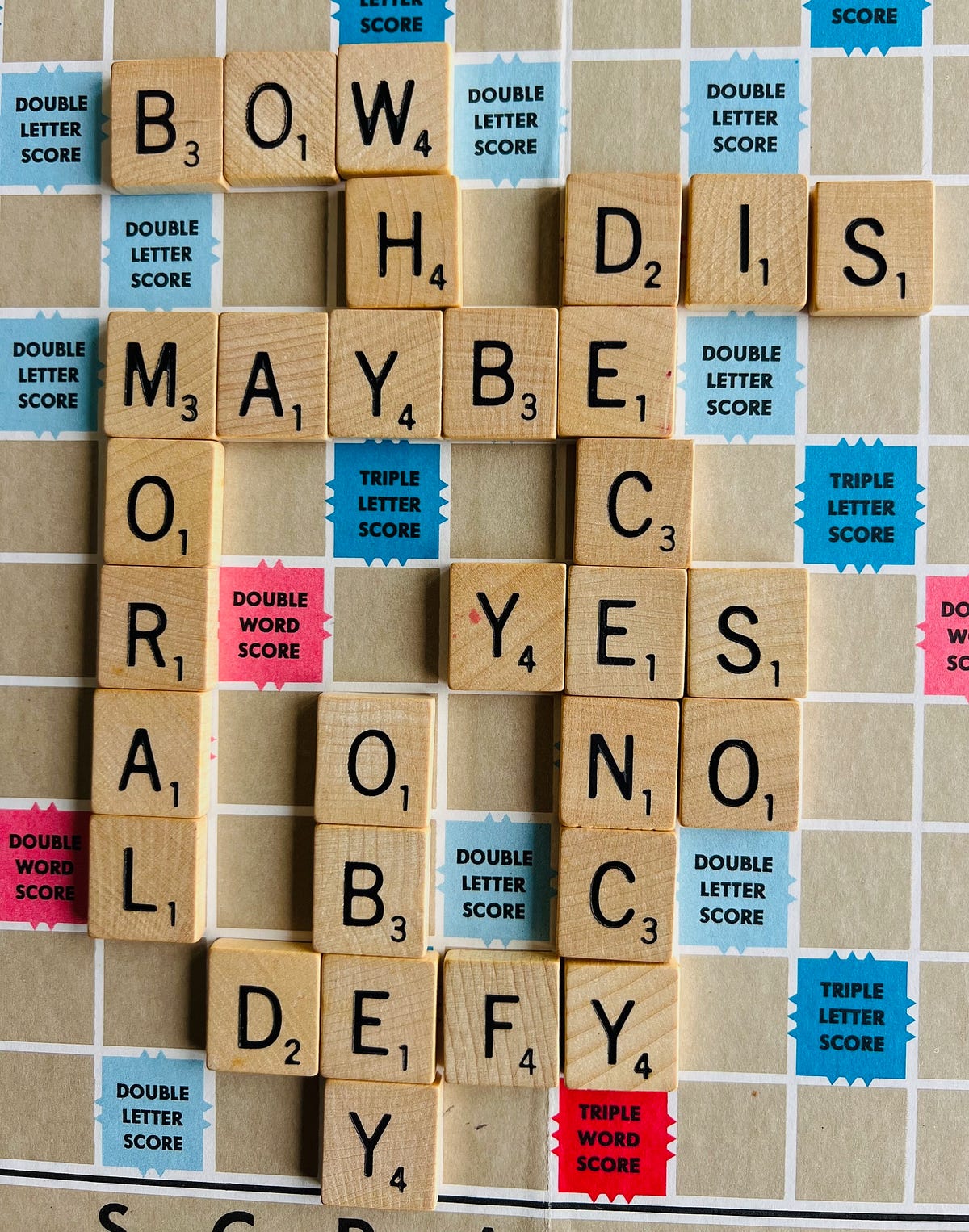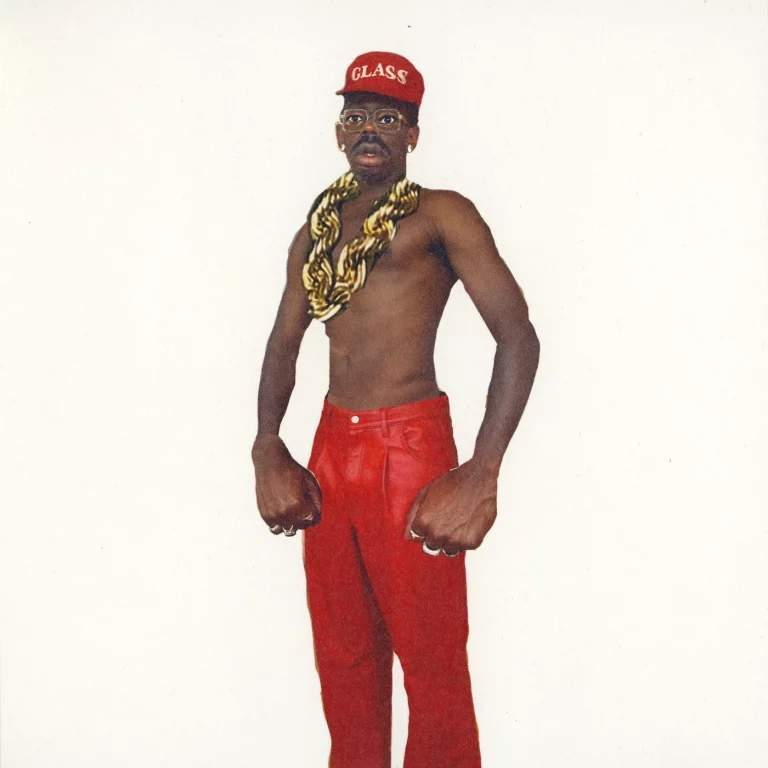Decency is a shape shifter. Defined as behavior that conforms to accepted standards of morality or respectability, the term has been used to justify everything from violence and colonialism to food aid and fair housing. Indeed, contradictory opinions, changing attitudes, political differences, and historical experiences mold decency in ways that make it nearly incomprehensible from one century to the next.
For those seeking principled guidance about decent behavior today, this fluidity can be maddening. For others, it’s a trivial worry when compared to the messy and unpredictable state of the modern world. But George Orwell knew better. Words and terms matter he insisted, no matter the year or decade. “Language can corrupt thought,” Orwell wrote, and “the slovenliness of our language makes it easier for us to have foolish thoughts.”
Since definitions of decency move and change with the times, if the times themselves are corrupt, the threat to decency and every other moral term — from tolerance, integrity, and generosity to accountability, respect, and conscience — intensifies. Should these moral terms be debased, erased, or simply ignored, “Everything would be nonsense,” as Alice mused in Wonderland. “Nothing would be what it is because everything would be what it isn’t.”







